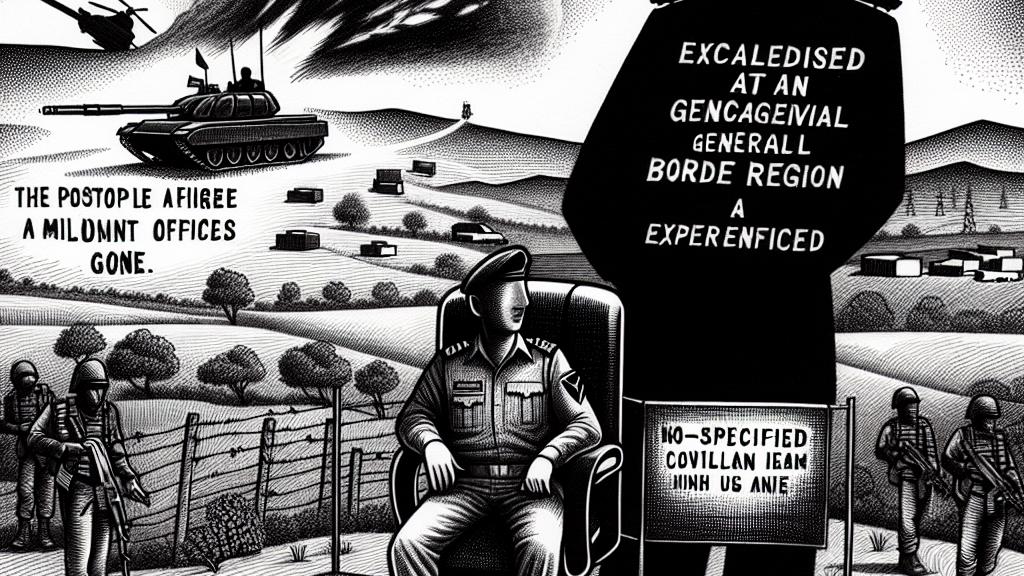Hezbollah's Plans: Preparing for a Bold New Offensive Against Israel!
Overview
- Iran anticipates Hezbollah intensifying attacks deeper into Israeli territory after recent provocations.
- The assassination of Hezbollah leaders escalates tensions at the Israel-Lebanon border.
- A potential conflict could destabilize the region and lead to humanitarian crises.

Escalating Tensions at the Israel-Lebanon Border
The Israel-Lebanon border has become a hotspot of escalating tensions following the outbreak of conflict between Israel and Hamas on October 7, 2023. Hezbollah, the Iranian-backed militant organization based in Lebanon, has ramped up its military actions, engaging in near-daily exchanges of fire with Israeli forces. This situation intensifies further after the Israeli assassination of Hezbollah commander Fuad Shukr, whose critical role in directing operations against Israel has created a power vacuum that may lead Hezbollah to adopt a more aggressive stance, targeting not only military positions but also civilian areas within Israel.
Hezbollah's Shift in Offensive Strategy
Iran's political leadership has publicly indicated a strategic pivot for Hezbollah, urging the group to expand its target range beyond military installations to include significant urban centers like Tel Aviv and Haifa. This shift marks a crucial change in Hezbollah's operational approach, especially following Shukr’s assassination. Iranian officials predict that Hezbollah will employ more diversified and unpredictable methods of retaliation, potentially involving aerial attacks and other advanced military technologies, which raises considerable alarm about the humanitarian consequences of such actions and the likelihood of higher civilian casualties.
Broader Implications for Regional Stability
The ramifications of Hezbollah's anticipated escalation extend far beyond the Israel-Lebanon border. With its well-equipped military and extensive experience in asymmetric warfare, Hezbollah could significantly alter the conflict landscape. The commitment from both Iran and Hezbollah to retaliate against Israeli aggressions raises fears of a broader regional conflict that could drag in neighboring countries and exacerbate existing tensions. A heightened conflict scenario poses severe risks to civilian populations in both Lebanon and Israel, underscoring the urgent need for diplomatic dialogues among international stakeholders to avert an impending humanitarian crisis and restore stability in the region.

Loading...